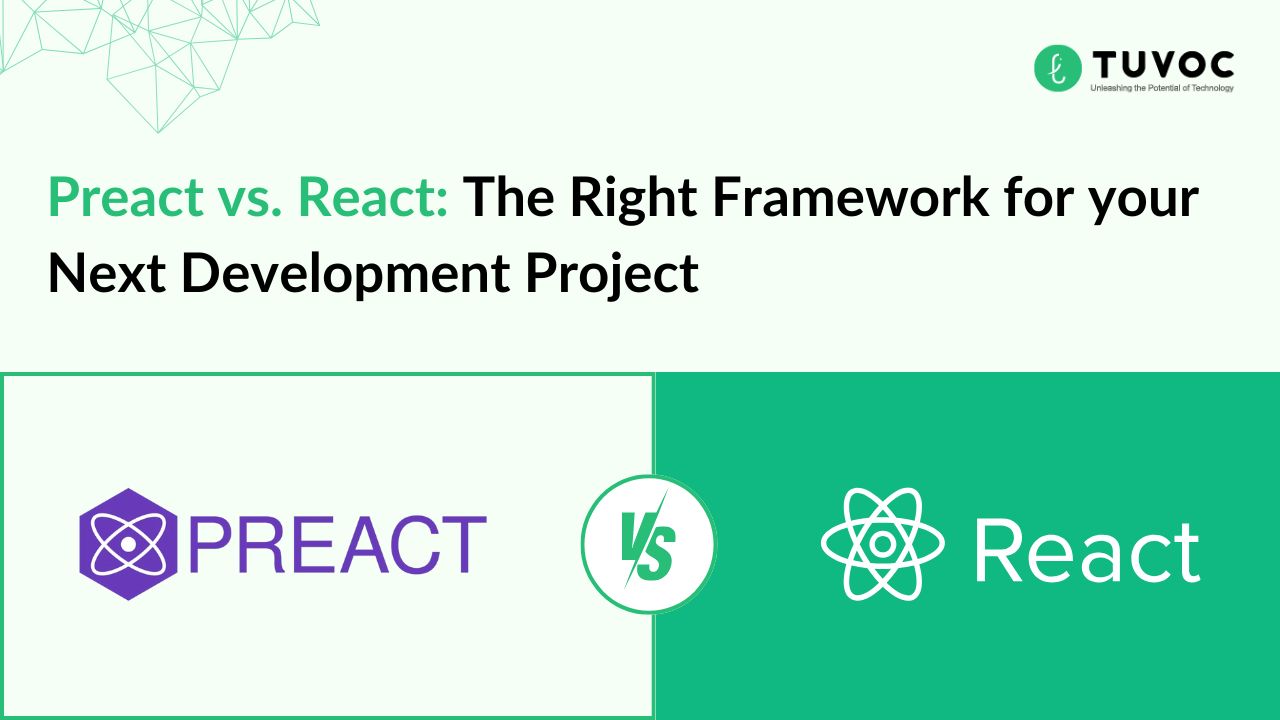Magento in 2022 for an Ecommerce Store

Introduction
The last 3 years have shown us the unprecedented growth of e-commerce businesses owing to restrictions and isolations imposed by the governments or local bodies to control the spread of the pandemic. The physical stores have been limited but there has been an increase in-home delivery and contactless deliveries through e-commerce stores or online stores. If you are already in the retail space or B2B commerce it’s not too late to join the bandwagon to launch your store or upgrade your online presence to an e-store-like capacity. There are many solutions available to build and launch an e-commerce platform, however, when it comes to medium to big sites, Magento remains a preferred solution to date. Let’s take a look at the various features and benefits of using Magento for an eCommerce store.
You can’t think of ignoring Magento if you are building a professional eCommerce site
Though there have been ups and downs in the journey of Magento in the online commerce space, it still stands tall and indispensable. Launched in 2008, Magento has come a long way. It’s open-source and a tested and tried Content management system. Not only that but when it comes to scalability, the platform is trusted by the development community.
Armed with hundreds of options and features, Magento manages and makes it easy for multiple verticals of a business. From a single admin panel, managing records, billing, and customer relationship management can be done seamlessly. Moreover, when it comes to technical aspects of digital marketing and SEO, the platform provides the required features to manage data efficiently without downloading another plugin or app.
Why you should consider Magento in 2022.
Magento has launched 13 years ago, written in PHP. Presently Magento is consolidated into Adobe commerce. Though it’s known as Adobe commerce now, the open-source aspect and the support aspect of it remain unchanged.
The question may arise, there are so many other solutions available in the market, why one should consider Magento as a solution for the e-commerce business? The answer is simple, the platform is robust, tried and tested, cost-effective, scalable, and rich with features. Let’s take a deep dive into these features.
Open-source solution: You do not have to pay for Magento. Magento community edition is free of any charge if you want to use it.
Suitable for a range of businesses: Whether you want to use it for your small business or a Multinational company, Magento is suitable for launching a store online. Being preloaded with several characteristics makes it attractive for bigger businesses as well as smaller businesses which can scale with the growth of the business.
Community Support: Being an open-source solution Magento attracts thousands of developers and makes an active community, and the members of the community are always there if there is any need for support or to address any arising queries. The continuous update and willingness of the community to provide support make it possible to provide safe and fast services.
Flexibility: The open system architecture makes it possible for the designers and developers to create unique and appealing experiences for the end-users of the online store.
Superior performance: In the online space, the processes are fast-paced and the consumers have very little time to get information and make a transactional decisions. In this scenario, delays can be proven disadvantageous. Magento uses advanced caching technology and Database optimization provides faster loading speed and query processing time. This not only loads the site faster to provide a better consumer experience but also makes the site search engine friendly.
Simple integration to third-party services: Often eCommerce sites need third-party services integration such as payment gateway, cart management, shipping, tracking, etc, Magento is easy to integrate these services and special attention has been paid to making these processes seamless hence making it a win-win situation for all parties involved.
Mobile commerce support: The increase in smartphone users has been immense and hence mobile commerce is an equally important aspect of doing business online At the same time the mobile-first approach has been very popular for search engine priorities as well. Magento platforms ( both community as well enterprise editions ) are incorporating multiple HTML capabilities to support this.
It’s not that Magento is all pros and no cons. There are some cons associated with Magento as a CMS, but when it comes to the benefits, the pros certainly outweigh the cons. Let’s take a look at some of the cons.
- Magento customizations are complex and need help from technical experts, it is not easy to use as a drag-and-drop builder or on pre-customized platforms like Shopify.
- Robust hosting is needed for Magento open source solution
- Non-tech-savvy users often need training on how to use the admin panel and it may take some time to get acquainted with the working
- For seamless functioning of the CMS, large server power is needed and that is cost incurring. ( nevertheless, the cost spent on this is easily recovered when the customer experience enhances leads and sales )
- The initial setup and launching take time, effort, and resources, Hence small businesses which have limited resources but need to launch fast may find it a hurdle to use as a preferred CMS
Conclusion
We tried to touch upon the important aspects of Magento. While it’s open-source and comes with superior features, security, and scalability, at the same time the complexity associated with setting up and launching it may pose some challenges for non-technical users. The reason why Magento is still a preferred solution in 2022 is, that it provides a robust framework for doing online business, and its worth spending on the development cost which will be easily recovered when the consumer’s experience is enhanced. For medium to large businesses, it can be safely said that Magento is a preferred solution when it comes to launching a beautiful and feature-rich eCommerce platform.






